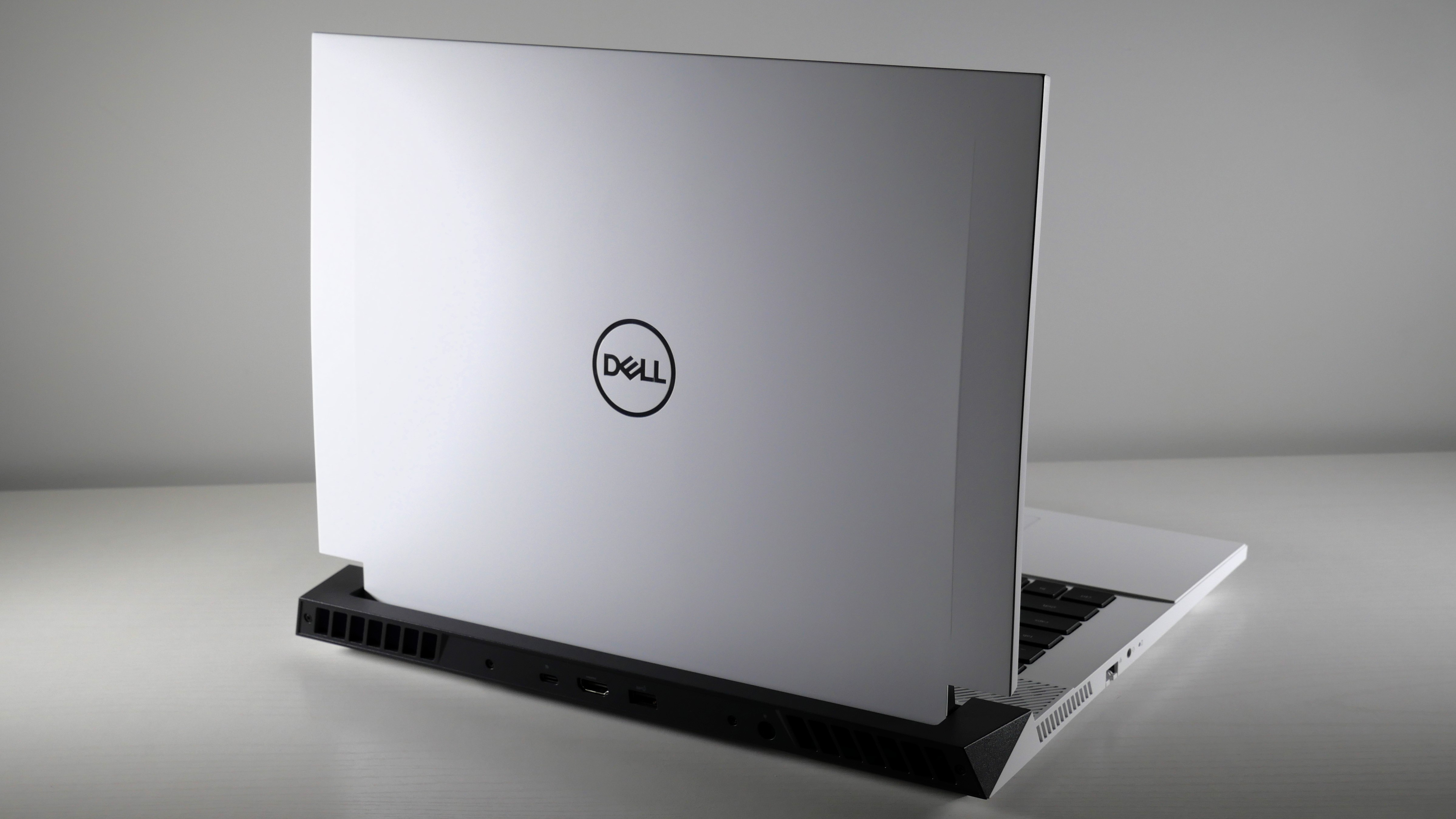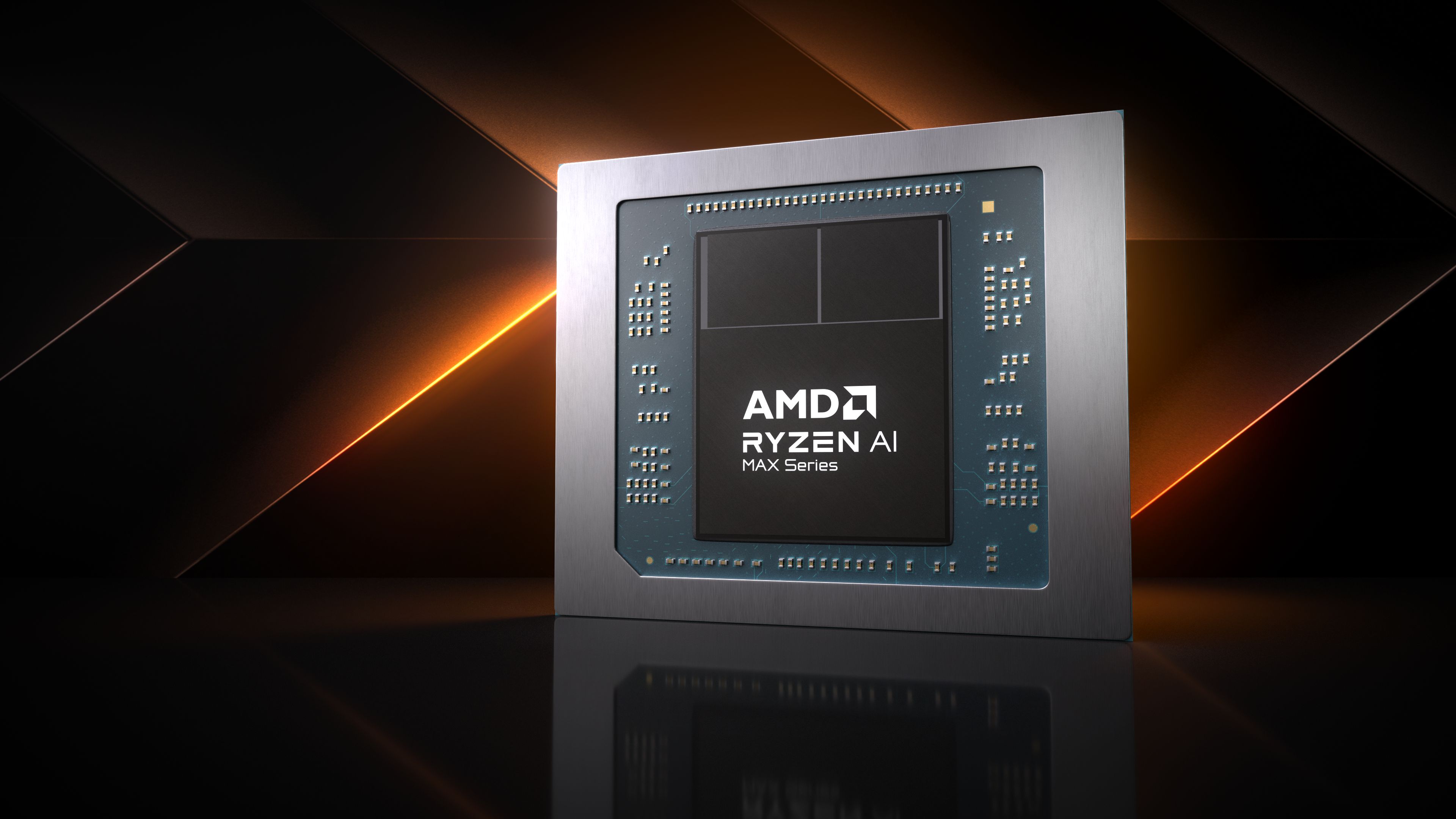
The Trump administration's tariffs have sent laptop and electronics makers into panic mode.
Razer halted sales for its new line of Blade 16 laptop from its website on Tuesday, with the only option available being a "notify me" button — the configurations page is no longer accessible. Framework made a similar move, pausing sales in the United States on certain systems.
Beyond the realm of laptops, even Nintendo delayed the pre-order dates for Switch away from April 9 in anticipation of the tariffs.
Now, according to a Nikkei report published on Wednesday (via MacRumors) Apple, Dell, Microsoft, and Lenovo accelerated shipments of various electronics into the United States by air, all in an attempt to beat the tariffs before they went into effect.
Trump has since set a 90-day pause for tariffs from all countries, excluding China, but the message is clear: Tariffs are looming, and the price of consumer electronics are hanging in the balance.
Manufacturers rush to beat the tariffs
Reports of Apple, Dell, Microsoft, and Lenovo rushing to ship laptops to the U.S. come from an unnamed supplier for Apple and Microsoft that spoke to Nikkei.
"We got a call from clients to make as many consumer electronics as possible and to ship as many of them by air as possible," the supplier told NIkkei, citing the difficulty due to a lack of stock.
For context, a 32% tariff was placed on Taiwan on Wednesday, which would have made for a drastic blow against laptop manufacturers had it not been paused for the next 90 days.
The Taiwan Semiconductor Manufacturing Company (TSMC) is the largest producer of semiconductors in the world.
Taiwan houses 60% of all semiconductors and more than 90% of advanced chips, according to the Council on Foreign Regulations.
A 32% tariff wouldn't just impact laptop manufacturers, either. Gaming hardware like consoles, phones, and tablets would also take a hit.

TSMC's stock has taken a 17% hit in the last six months, and an 11% hit since Trump announced the specifics of the tariffs on April 2, though that dip has rebounded since the annoucement of a pause.
Apple, Dell, and Lenovo have also taken hits, though they have similarly begun to bounce back since the announced pause.
Microsoft is the only company in this list that didn't stay in the negative, but it similarly suffered shortly after the tariff announcements.
How this will impact consumers
While Trump has now paused reciprocal tariffs for 90 days, there is ongoing fear about how it will impact the economy.
The Consumer Technology Association (CTA) believes that the tariffs could cause laptops and tablets to rise in price by up to 46%, game consoles could go up by 40%, and phones could increase by 26%.
The end result is either that laptop manufacturers pause sales, take a loss, or increase prices to ensure their products are still profitable. The latter is most likely, meaning the consumer suffers, and prices for imported goods will only grow.
We're hoping the tariffs don't actually make laptops, phones, tablets, and game consoles that much more expensive, but we can only wait and see.
If Nintendo and its Switch 2 are anything to go by, we may want to hope for the best but prepare for the worst.







